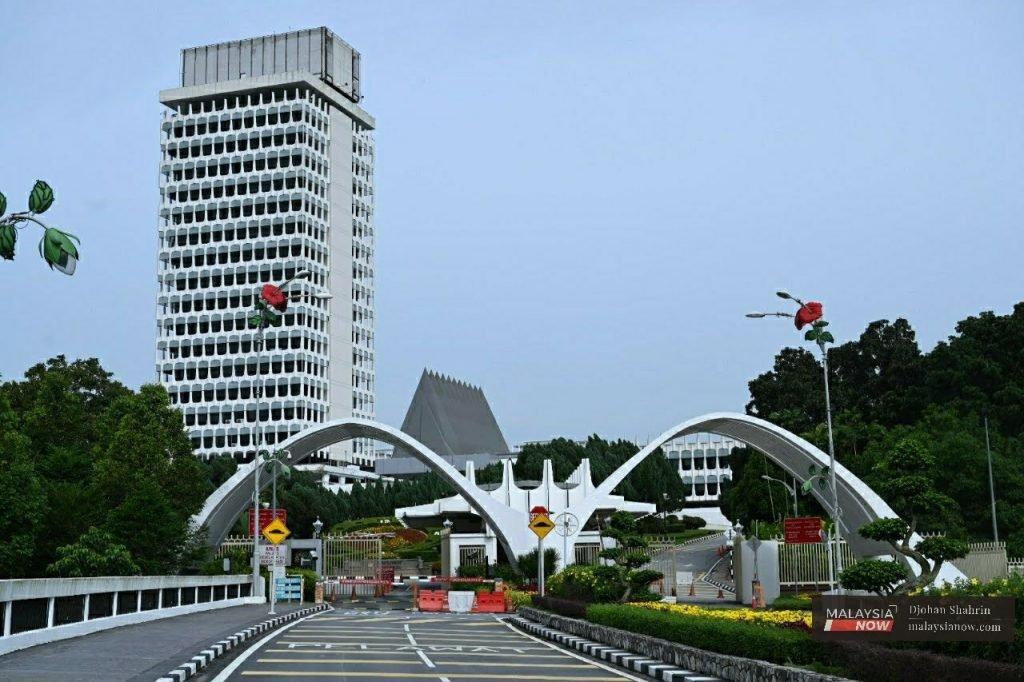5 things to know ahead of July 26 special Parliament sitting
A look at the differences between a special sitting and an ordinary session, among others.
Just In
A special parliament sitting will be held for five days from July 26 to allow the government to lay the emergency proclamation and ordinances promulgated by Yang di-Pertuan Agong Sultan Abdullah Sultan Ahmad Shah during the emergency before the house in the first time it convenes since January.
Members of the opposition have criticised the lack of debate, saying the sitting will be like a mere briefing on the part of ministers.
Here are some points of explanation obtained by MalaysiaNow from government sources ahead of the sitting which will begin on Monday.
1. What is the difference between the special parliament sitting and an ordinary session?
* In general, the duration of each annual session of parliament is known as the parliamentary term.
* The termination period of a parliamentary term is known as prorogue, where the parliamentary session is prorogued to a new term.
* A council conference during a parliamentary term is known as a meeting.
* Standing Order 11(3) states that if the prime minister informs the speaker of the house of a matter of importance or of public benefit, a meeting or special sitting must be held if the council is in adjournment, that is before the house is prorogued.
* This special session differs from an ordinary session as it must be held before the regular session, the dates of which are set in the calendar.
* Special sessions also have no notice period, unlike regular sessions which have notice periods of 28 days.
2. What is the difference between the rules of procedure for the special session and the regular session?
* According to Standing Order 11(3), for special parliament sessions, the prime minister will determine the order of business according to his discretion.
3. Can MPs bring a motion to the house for debate, and will it be rejected or accepted?
* According to Standing Order 11(3), the prime minister determines the order of business which will only involve:
a) the tabling of the emergency declaration and ordinances;
b) the tabling of the emergency declaration (2) dated Dec 12, 2020, regarding the Gerik by-election and the tabling of the emergency declaration (3) dated Dec 12, 2020, regarding the Bugaya by-election in Sabah;
c) the briefing of ministers under Standing Order 14(1)(i).
4. Can MPs debate the issues tabled during the special parliament session?
* The tabling of the emergency proclamation and ordinances for this special session means that the documents will be placed on the tables, and will not be debated or called to vote.
* According to Article 150(3) of the Federal Constitution, the English word for “tabling of the emergency proclamation and ordinances” is “laid” (laid before both houses of Parliament), not “tabled”. These would only be debated and voted on if the term used was “tabled”.
5. Can MPs ask questions during the briefing by ministers?
* MPs are allowed to ask questions only after each briefing session ends, limited to the issues raised in the briefings.
Subscribe to our newsletter
To be updated with all the latest news and analyses daily.
